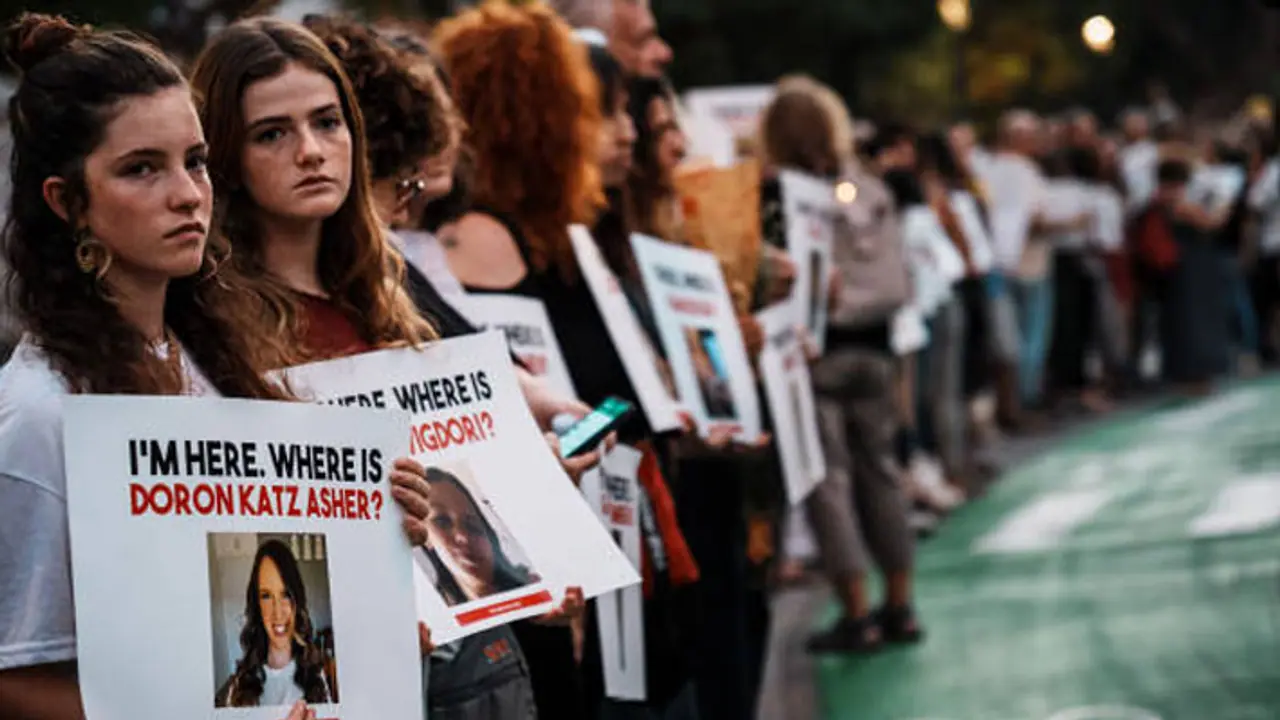The chief prosecutor of the International Criminal Court, Karim Khan, visited the Rafah crossing and described the suffering of Gaza's civilians as "profound." He expressed his inability to enter Gaza but emphasized the dire situation, calling these days "the most tragic."
In the ongoing conflict between Israel and Hamas, the Gaza Strip on Sunday (October 30) received a significant aid convoy, marking the largest delivery of humanitarian assistance since the conflict's eruption. However, despite this substantial effort, aid workers assert that the aid remains insufficient to meet the critical needs of the people in the region.

The Gaza Health Ministry reported that the Palestinian death toll has surpassed 8,000 individuals, with a significant number being women and minors. Israeli Prime Minister Benjamin Netanyahu referred to the current phase of the war as a "second stage," initiated by Hamas' brutal incursion on October 7.
'I was wrong': Israeli PM Benjamin Netanyahu apologizes to intelligence chiefs
This death toll is unprecedented in the decades-long history of Israeli-Palestinian conflicts. On the Israeli side, over 1,400 people have lost their lives, primarily civilians during the initial attack.
After experiencing a severe Israeli bombardment described by residents as the most intense of the entire war, communication services were largely restored for Gaza's 2.3 million residents. This resumption followed the disruption of phone and internet services on Friday due to the intense airstrikes.
Despite the pressing humanitarian crisis, Israel has permitted only a limited flow of aid into Gaza. On Sunday, 33 trucks loaded with essential supplies, including water, food, and medicine, entered through the Rafah border crossing from Egypt, as reported by Wael Abo Omar, a spokesperson at the Rafah crossing.
Israel-Palestine war: Thousands of Gaza residents break into aid warehouses to take supplies
The chief prosecutor of the International Criminal Court, Karim Khan, visited the Rafah crossing and described the suffering of Gaza's civilians as "profound." He expressed his inability to enter Gaza but emphasized the dire situation, calling these days "the most tragic." While he called on Israel to adhere to international law, Khan refrained from accusing Israel of war crimes. However, he did identify Hamas' attack on October 7 as a significant violation of international humanitarian law, noting that those responsible for using violence bear the primary responsibility.
The Israeli military, on the other hand, announced that it had targeted more than 450 militant sites in the past 24 hours, including Hamas command centers and positions for launching anti-tank missiles. These strikes generated enormous plumes of smoke over Gaza City, with the military spokesperson confirming the deaths of numerous militants.
